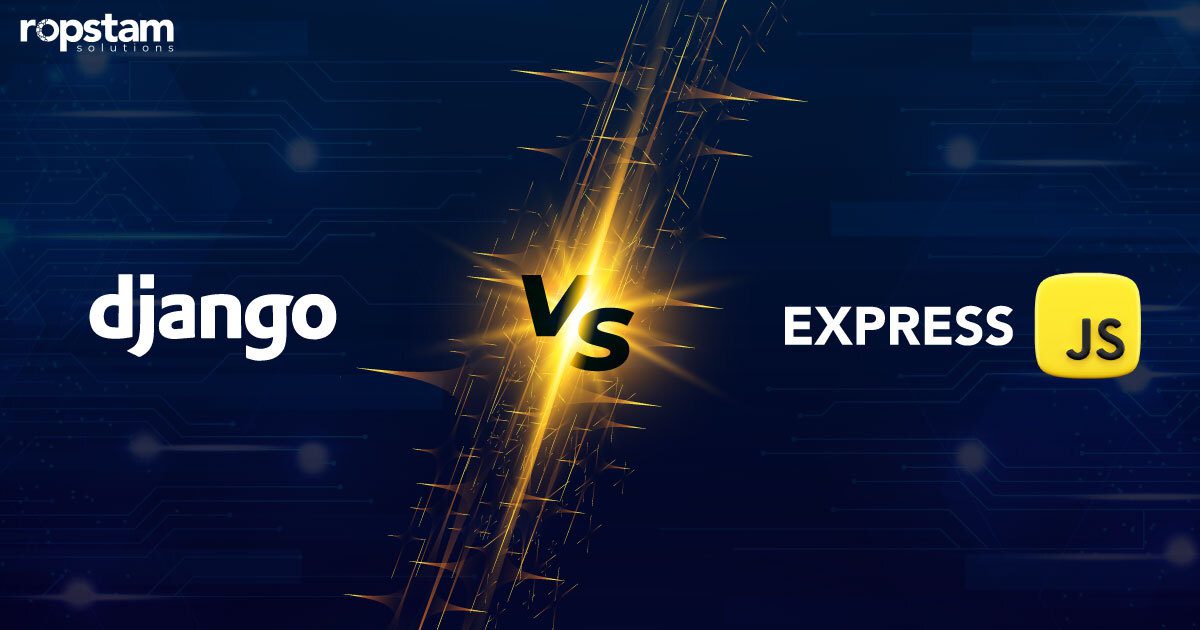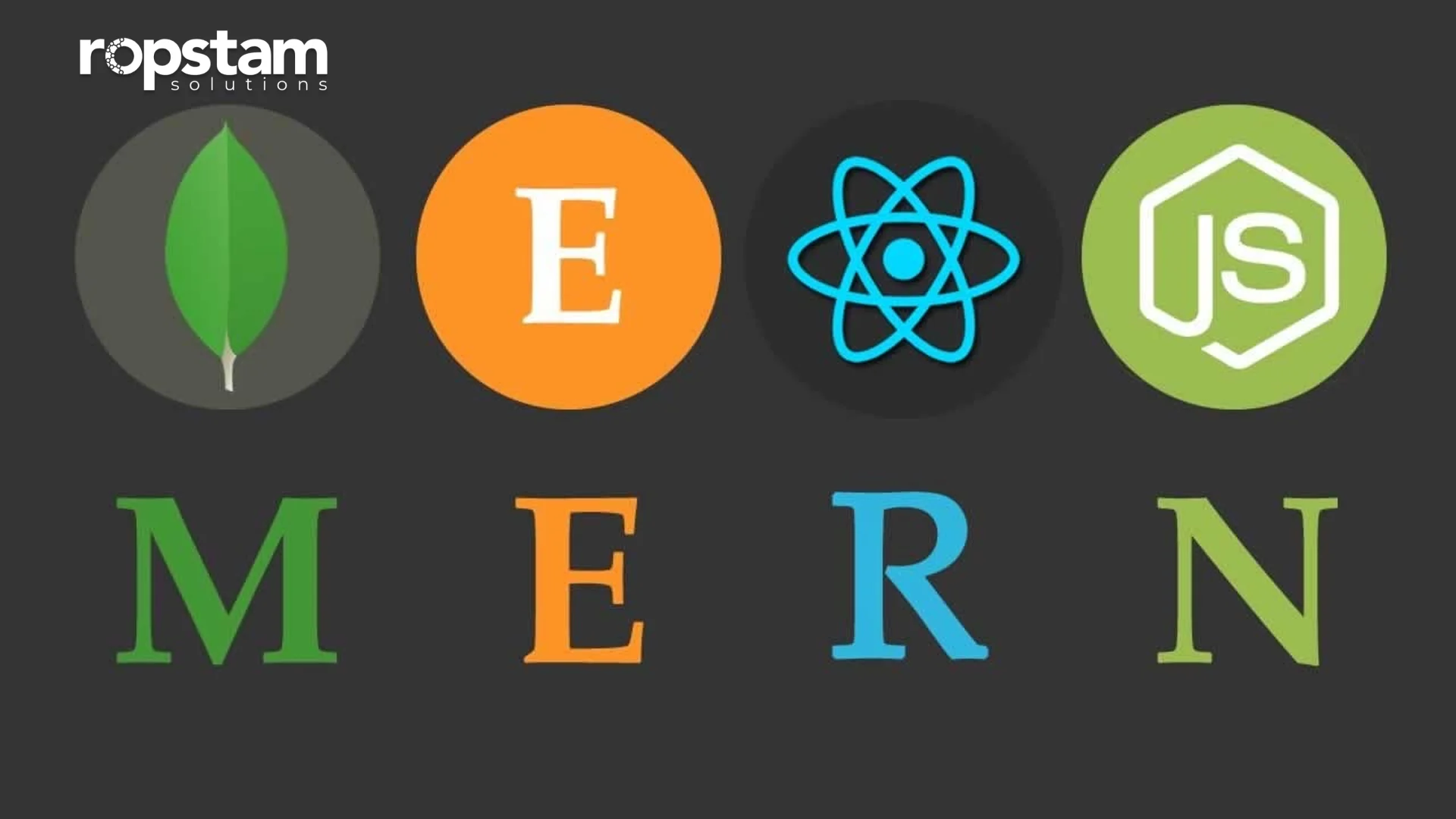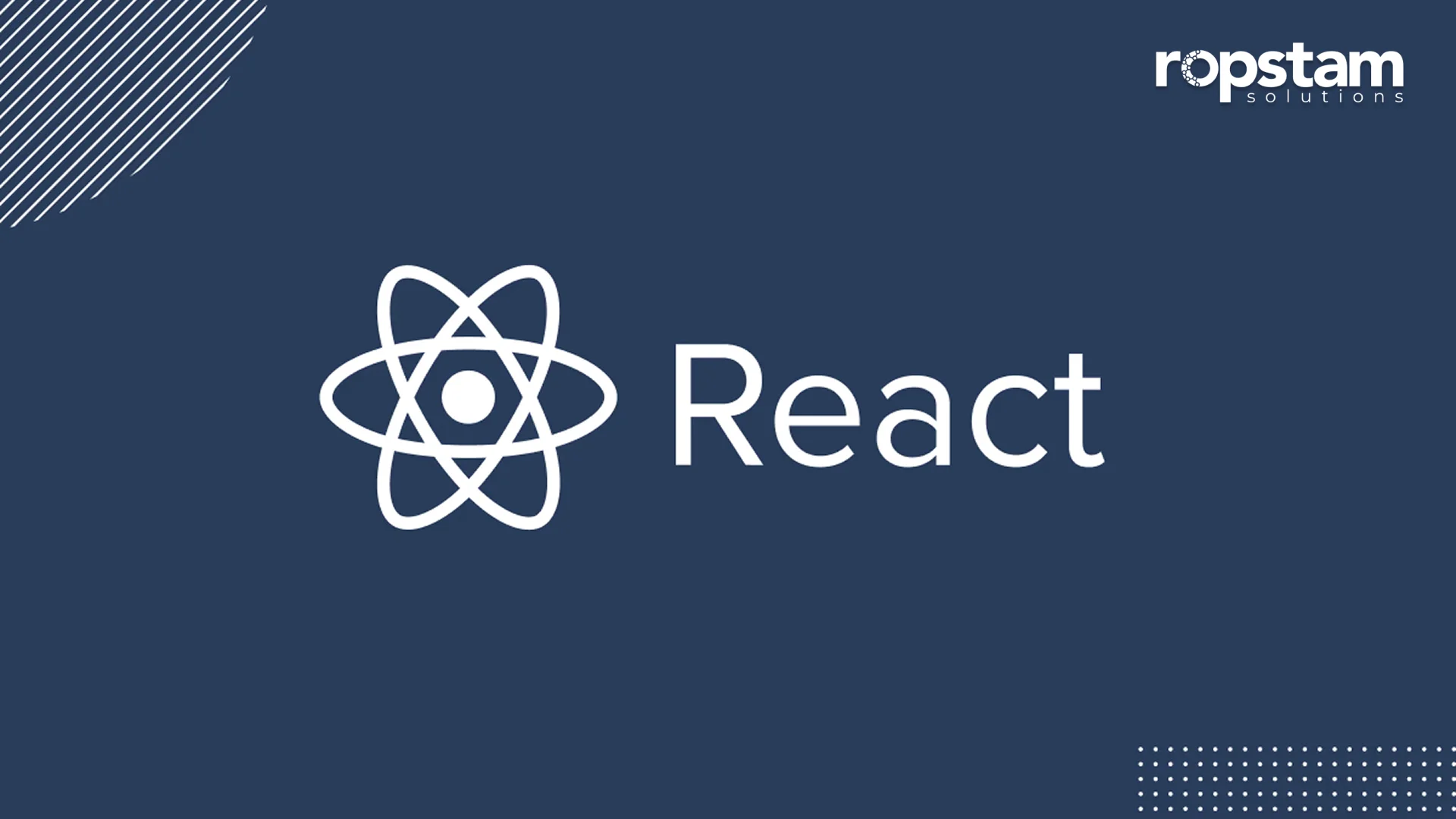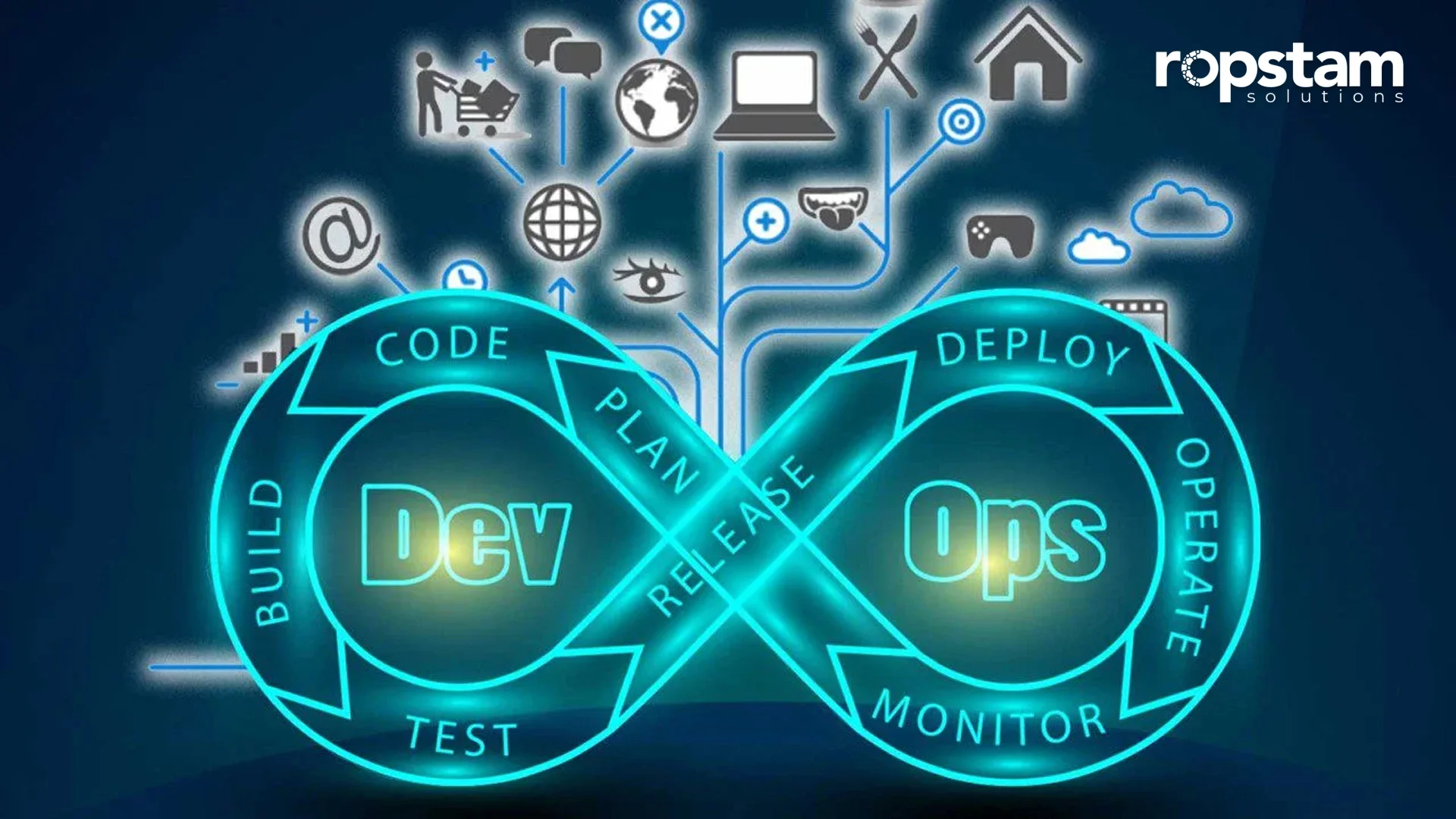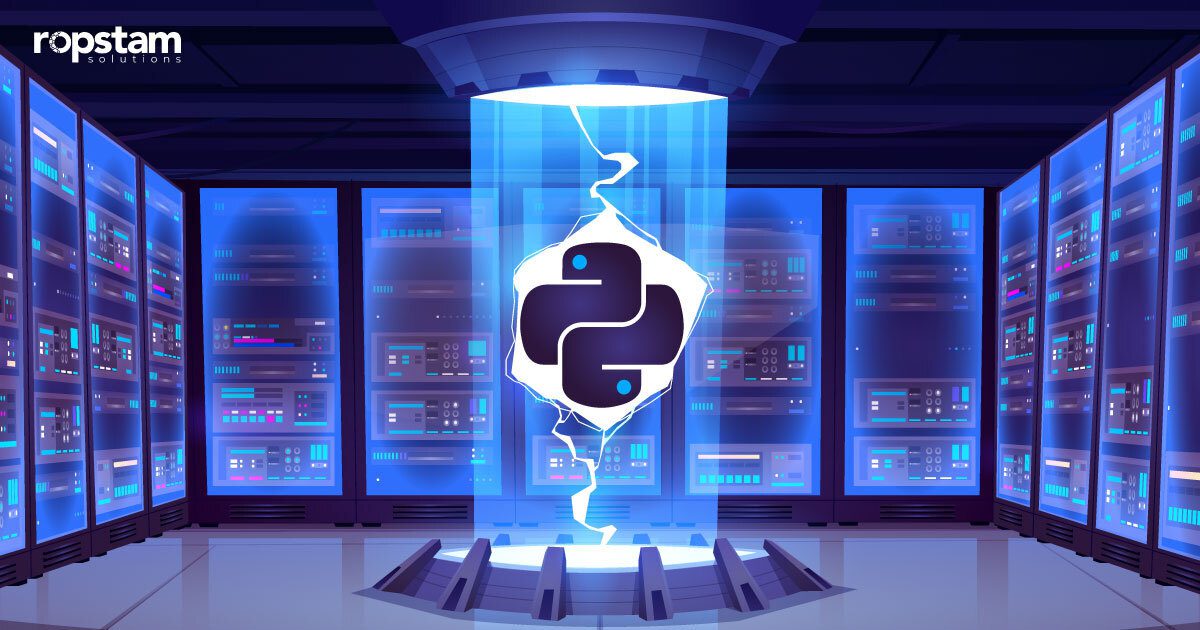In the world of web development, two of the most popular frameworks are Express.js and Django. Both boast unique strengths and features, allowing you to craft exceptional, cost-effective web solutions.
Despite sharing the same goal, both have unique features, making them useful for particular scenarios. In this blog, we will compare the roles and features of Express vs Django, analyzing the pros and cons of both popular frameworks.
Express vs. Django – In-depth feature analysis
Before moving on to the comparison of Express.js and Django, let us give a quick look at the basics first:
What is Express.js?
Express.js, often referred to simply as Express, is a flexible Node.js web application framework that provides a robust set of features for building single-page, multi-page, and hybrid web applications. It’s primarily designed to make developing websites, web apps, and APIs much simpler and faster.
Express simplifies the server-side development process by providing a lightweight layer built on Node.js, which handles both HTTP requests and middleware effortlessly. This enables developers to create scalable and maintainable codebases.
Key features of Express.js:
- Middleware architecture
- Sophisticated routing mechanism
- Optimized speed and performance
- Simplicity and minimalist approach
- Facile integration with other libraries
What is Django?
Django is a high-level Python web framework that encourages rapid development and pragmatic design. It’s built by experienced developers to take care of much of the hassle of web development, so you can focus on writing your app without needing to reinvent the wheel.
Needless to say, Django is reliable and scalable, making it a great choice for startups and large enterprises alike. This Python-based framework is preferred for building robust web applications with a strong emphasis on automating as many processes as possible.
Key Features of Django:
- Host of built-in features
- Object-Relational Mapping
- Offers protection against security threats
- Can meet heavy traffic demands
- Can be used for building a variety of websites
Now that we are done with the basics, Without further ado, let’s dig into the comprehensive comparison of these revered web development frameworks:
| Attribute | Express | Django |
| Architecture | 🤝 Draw
Supports the MTV model |
🤝 Draw
Follows MVC architecture |
| Scalability | 🏆 Winner
Suitable for handling high loads |
Less scalable |
| Security | 🤝 Draw
Middleware for robust security implementation |
🤝 Draw
Built-in security features |
| Flexibility | 🏆 Winner
Flexible Node.js tool |
Very limited flexibility |
| Learning curve | 🏆 Winner
Relatively low learning curve |
Steeper learning curve |
| Testing capabilities | 🤝 Draw
Wide range of testing tools |
🤝 Draw
Built-in testing frameworks |
| Deployment | 🤝 Draw
Can be deployed on cloud services like AWS and Azure |
🤝 Draw
To be deployed on conventional web servers such as Apache |
1. Architecture:
Express.js adheres to the Model-View-Controller (MVC) architectural pattern, separating the application logic into three interconnected components for better organization and maintainability. Django, on the other hand, follows the Model-View-Template (MVT) pattern, which is a variation of MVC, where the controller and view are combined into a single component called the view.
2. Scalability:
When it comes to scalability, Express.js has an edge over Django. Express.js leverages Node.js’s non-blocking I/O model and event-driven architecture, making it well-suited for handling high loads and traffic without consuming excessive resources.
Django, while capable of scaling, may require additional configurations and optimizations to achieve the same level of scalability as Express.js. This gives Express.js the edge, particularly in scenarios where applications of high levels of complexity are involved.
3. Security:
Both frameworks prioritize security and provide robust security features. Express.js relies on middleware to implement security measures such as authentication, authorization, and protection against common web vulnerabilities like cross-site scripting (XSS) and cross-site request forgery (CSRF).
On the other corner, Django comes out of the box with built-in security features, including protection against SQL injection, XSS, and CSRF attacks.
4. Flexibility:
Express.js is known for its flexibility and minimalistic approach. With this Node.js-based framework, you have the freedom to choose and integrate various third-party libraries and tools to extend the functionality of their applications according to their specific needs.
Django, while powerful and feature-rich, is more opinionated and may offer limited flexibility in certain areas, as it follows a specific set of conventions and patterns.
5. Learning curve:
Particularly for developers already familiar with JavaScript and Node.js, Express.js has a relatively low learning curve. Its simplicity and minimal setup make it easier for developers to get started and productive quickly.
Django, on the other hand, has a steeper learning curve due to its comprehensive nature and the need to thoroughly understand its conventions, patterns, and extensive features.
6. Testing capabilities:
Both frameworks provide testing capabilities, but they differ in their approaches. Express.js allows developers to leverage the wide range of testing tools and frameworks available in the Node.js ecosystem, giving them flexibility in choosing the testing approach that best suits their needs.
On the contrary, Django supports built-in testing frameworks, such as the unittest module, which makes it easier to write and run tests for Django applications.
7. Deployment:
Applications built using Express.js can be deployed on various cloud services like AWS and Azure, as well as on traditional servers, giving developers flexibility in their deployment choices. Django applications, while also deployable on cloud services, are typically deployed on conventional web servers such as Apache or Nginx.
When to choose Express.js?
When selecting a web framework for a new project, Express.js can prove to be the optimal choice under several circumstances. Express is particularly popular for creating lightweight and high-performance applications, which makes it a favorite for projects such as APIs, microservices, and Single Page Applications (SPAs).
Express.js is the go-to framework when you need to develop an API rapidly. Its minimalistic nature allows for setting up endpoints quickly and integrating middleware for functionalities like parsing request bodies, handling CORS, and managing authentication. This makes Express.js highly efficient for projects where you need to expose a set of RESTful services or build the backend for a web or mobile application.
In the context of microservices, Express.js is ideal due to its low overhead and quick setup. It fits perfectly into the microservices architecture where you need to build small, independent services that communicate with each other over a network. Express’s simplicity and flexibility allow each microservice to be lightweight, dedicated to a specific task, and easily scalable.
For SPAs, where the goal is to provide a simplistic user experience by loading content dynamically on a single web page, Express.js serves as an excellent backend solution. It efficiently handles asynchronous requests from the client side, provides quick responses, and supports the heavy I/O operations that are typically required by SPAs without bogging down the server.
Furthermore, in scenarios where performance, speed of development, and scalability are critical, Express.js stands out as a framework that can deliver on all fronts. In short, this framework is considered perfect for projects that require a robust solution that’s also fast and flexible.
When to choose Django?
Choosing Django as a web framework is highly advisable for projects that demand a robust, scalable solution, especially when dealing with complex web applications. Django is preferred for its ability to optimize the development process for web applications, necessitating the management of large user bases and sophisticated data interactions. This makes Django a strong candidate for sectors such as e-commerce, social media platforms, and content management systems.
With Django’s comprehensive set of features, handling a vast number of users and their associated data becomes more manageable. Its built-in authentication system supports user accounts and permissions out of the box, ensuring security and ease of management for large-scale user bases. Furthermore, Django’s admin interface provides a ready-to-use UI for content administration, allowing for effortless management and delivery of diverse content types across the application.
For projects that involve data analysis and AI, Django’s ORM (Object-Relational Mapping) and its compatibility with data analysis tools and libraries, such as Pandas and NumPy, make it an excellent choice. It facilitates the handling of complex queries and data operations needed for analytics. Additionally, Django’s compatibility with machine learning libraries like TensorFlow and Scikit-learn enables developers to integrate AI features into web applications seamlessly.
It is pertinent to mention that when your project requires a comprehensive, all-inclusive framework that can handle intricate functionalities, ensure security, and scale with your user base, Django emerges as the ideal candidate. It’s particularly well-suited for developers looking to build data-driven, content-rich applications that may also leverage the latest advancements in AI.
Choose Ropstam Solutions for your next web application project
In the domain of web application development, both Django and Express are well-known and powerful frameworks. This blog aims to distinguish between them to help you make an informed decision as a developer.
With more than a decade of experience in providing back-end development services, Ropstam Solutions stands tall when it comes to delivering top-tier websites or web application projects.
Boasting a team of developers skilled in both Express and Django frameworks, we are proud of having delivered countless projects to our clients. If you are looking for a team of experts to handle your next project, give us a call or send us an email today.

